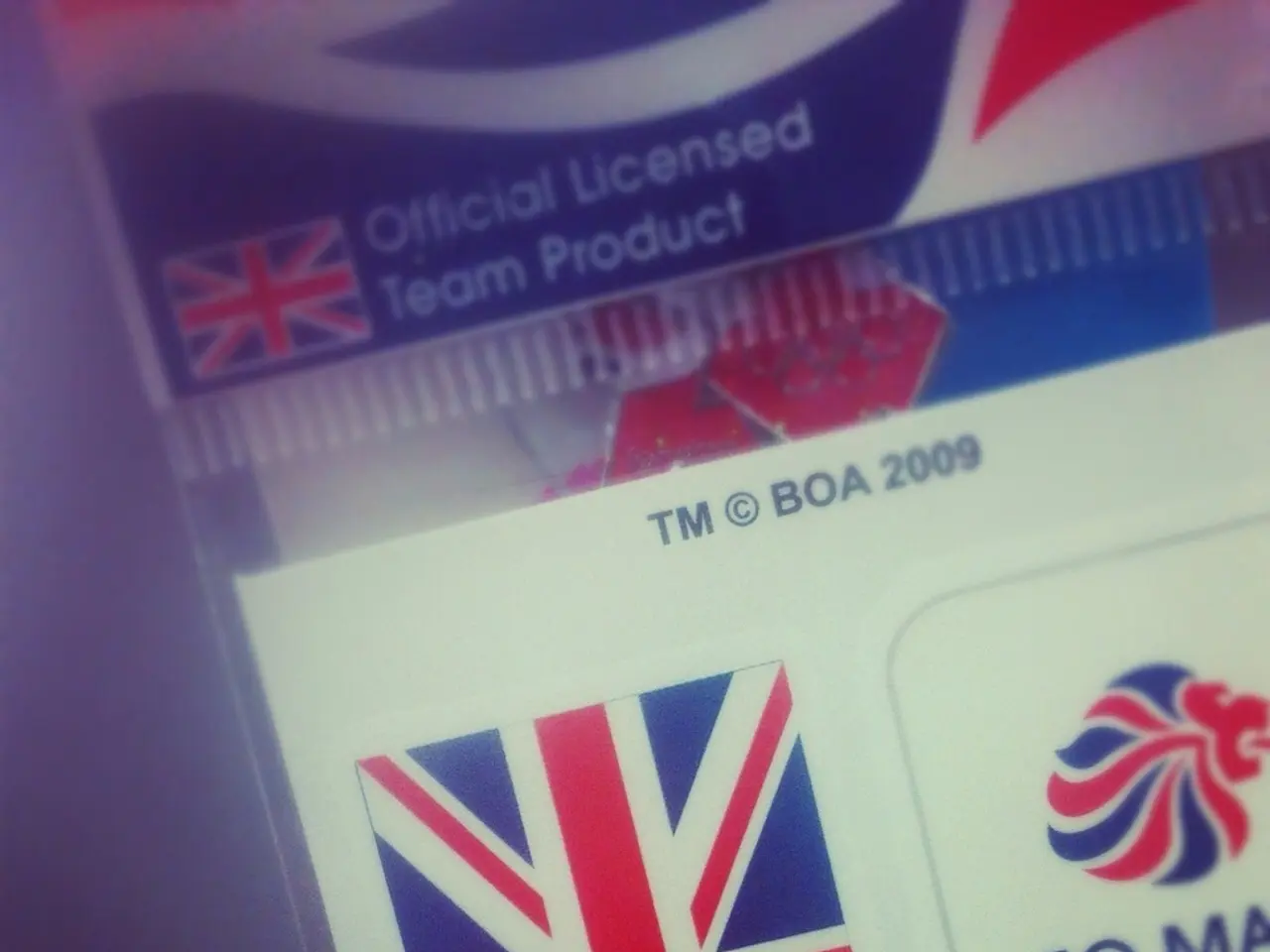Unveiling the FCA's Requirements: Comprehensive Insight into UK's Anti-Money Laundering Obligations
The Financial Conduct Authority (FCA), a key financial regulator in the UK, was established in 2013 with a mandate to oversee the financial services sector and ensure its smooth operation. The FCA's activity is primarily divided into two major blocks: the protection of consumers and the control over organizations.
The FCA derives its powers from the Financial Services and Markets Act 2000 (FSMA 2000), a key law that forms the legal basis for its operations. This statute grants the FCA the authority to regulate financial services firms and markets in the UK. Under FSMA 2000, firms offering regulated financial services such as payment services, investment services, securities, and electronic money issuance must be authorized by the FCA to legally operate in the UK.
The FCA operates with core objectives defined under FSMA 2000, including ensuring that financial markets work well, consumer protection, promoting fair competition, and maintaining the integrity of the financial system. To achieve these objectives, the FCA sets detailed rules and guidance, formally published in its Handbook, which provides a consolidated legal framework that firms must follow.
The FCA regulates approximately 42,000 firms and has enforcement powers to monitor compliance and take action against violations. The FCA's role includes supervising a variety of financial businesses in the UK, including banks, credit firms, electronic money institutions, insurers, and more.
One of the FCA's key responsibilities is to ensure that only companies that satisfy set standards enter the market. It does this by making companies offer only products and services that it deems appropriate. The FCA also ensures that companies stay compliant with these standards and supports the overall integrity and transparency of the market.
In addition to FSMA 2000, other legislation and frameworks, such as anti-money laundering regulations and financial sanctions rules, complement the FCA’s regulatory regime. However, FSMA 2000 remains the foundational primary legislation that empowers the FCA’s regulatory authority.
For those interested in learning more about the entities the FCA regulates, the FCA's website is a valuable resource. The list of reporting entities can be found on the FCA's website under the section 'firms'. The FCA's website also serves as a platform for finding information about the activities and decisions of the FCA.
In conclusion, the Financial Conduct Authority plays a crucial role in maintaining the integrity and transparency of the UK's financial markets. By prioritising consumer interests over profits and promoting fair competition, the FCA ensures a robust and secure financial sector that operates in the best interests of consumers.
The Financial Conduct Authority (FCA), through its regulatory power granted by the Financial Services and Markets Act 2000 (FSMA 2000), oversees various financial businesses in the UK, including banks, credit firms, electronic money institutions, insurers, and more, ensuring they adhere to standards that maintain the integrity and transparency of the market. The FCA also has the responsibility to regulate the banking-and-insurance sector and other financial services, such as payment services, investment services, securities, and electronic money issuance in the UK.




